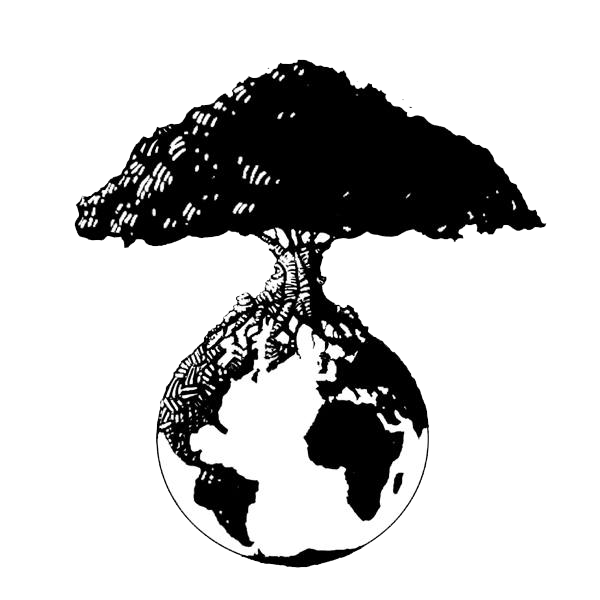During the LDF project, we took 8 pre-service teacher volunteers enrolled in a Multiculturalism course to Lac du Flambeau to carry out their cross-cultural field experience as part of ACT 31 requirements–4 in the Fall 2018 semester, and 10 in the Spring 2019 semester.
Using critical race theory in the form of counter storytelling and active listening, the students collected digital data at the on-reservation Lac du Flambeau public school and the off-reservation Lakeland high school.
Their goal was to:
- Identify in what ways educational practice at the Lac du Flambeau and Lakeland high school reflected multicultural practice and at what level
- Better understand the Lac du Flambeau community’s often dishonored historical and current civil liberties and civil rights at the heart of the experience of Native people in Wisconsin
- Reflect on the cultural strengths and positive identity formations of Ojibwe students
- Enable disproportionately white pre-service teachers to better understand the neo-colonialism, cultural hegemony and historical trauma that have impacted Native communities
- Contribute to the development of a digital pathway to support enlightened community engagement and mutually beneficial relationships between UW-Stout and Lac du Flambeau (the participating communities), and address Wisconsin ACT 31
13 Data-Driven Curriculum Themes
The following sections intersperse the Curriculum themes in the University of Wisconsin-Stout course, Multiculturalism: Dialogue and Field Experience, with data derived from students’ and professor’s research during the 2018-2019 academic year.
This data includes observations and interviews.
- Sonia Nieto’s Levels of Multiculturalism
- The Unconscious Mind & Ethical Reasoning
- Culture Shock
- Worldview
- Wisconsin First Nations ACT 31
- Gender Identity & Gender Expression
- Race, Racism & Whiteness
- Immigrants, Refugees, Parents & Guardians
- Social Class & Socio-Economic States
- Culturally Responsive & Culturally Relevant Pedagogy
- Cultural Hegemony
- Colonialism, Neo-colonialism & Post-colonialism
- Religion & Ideology
